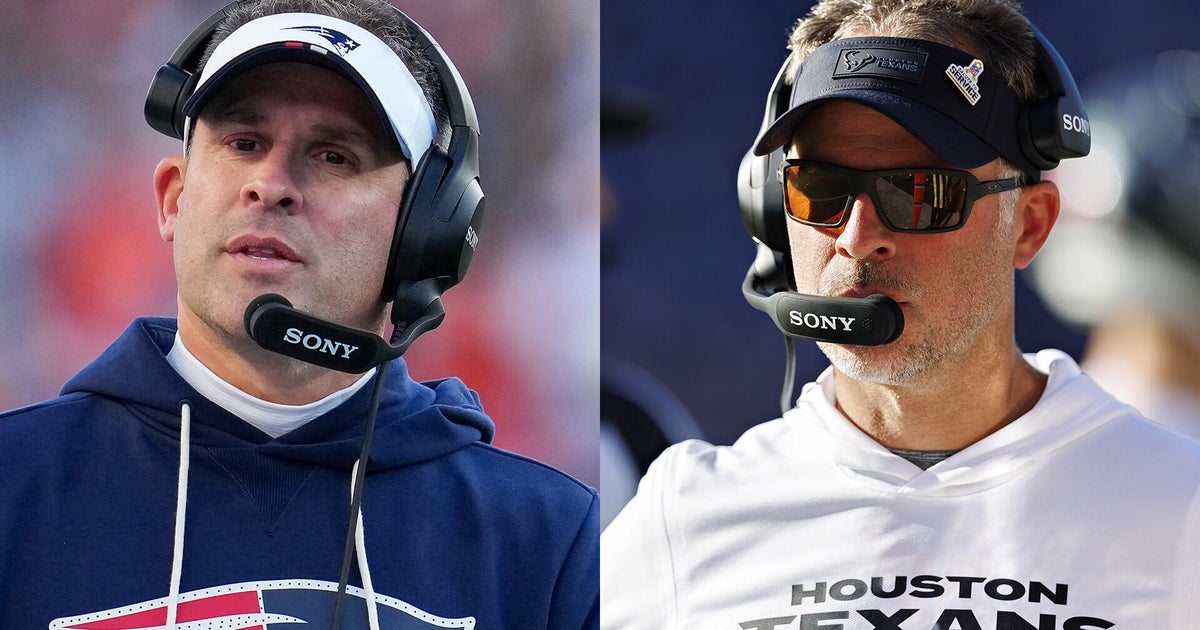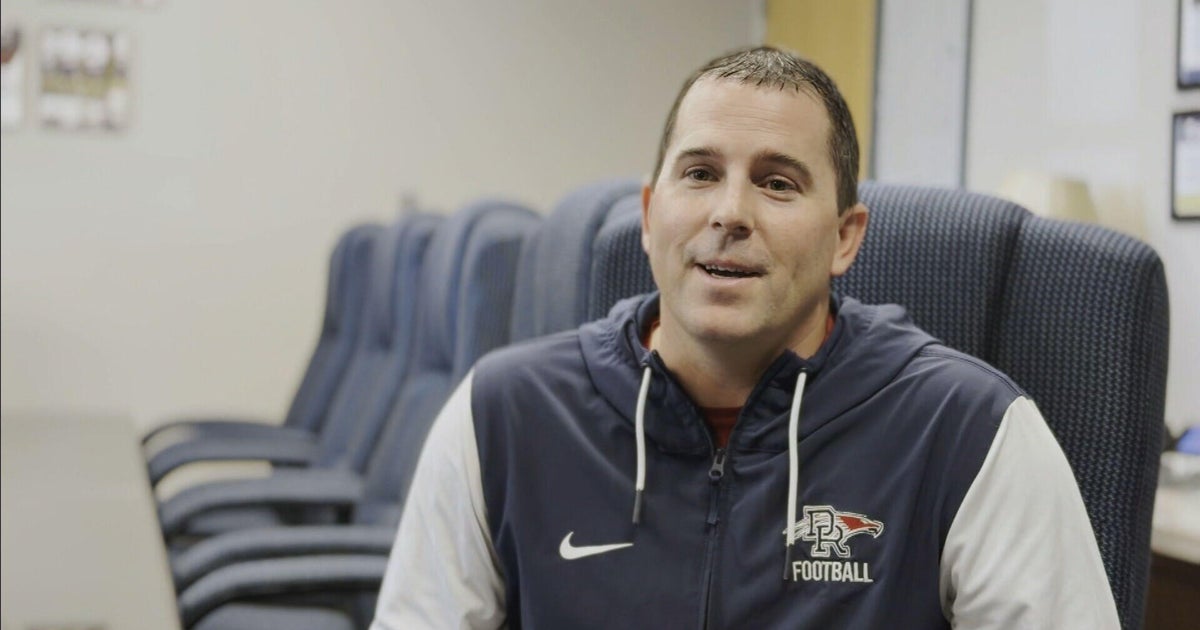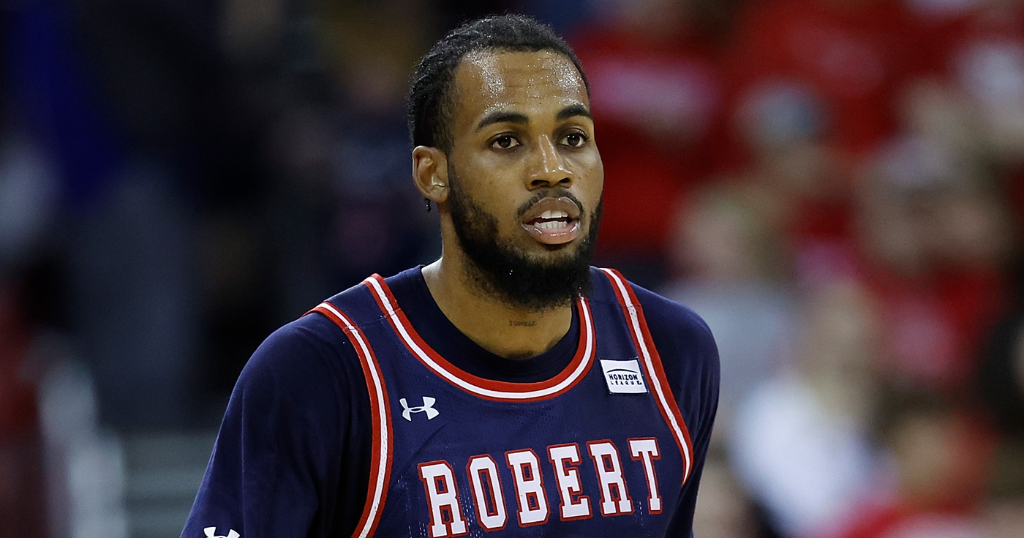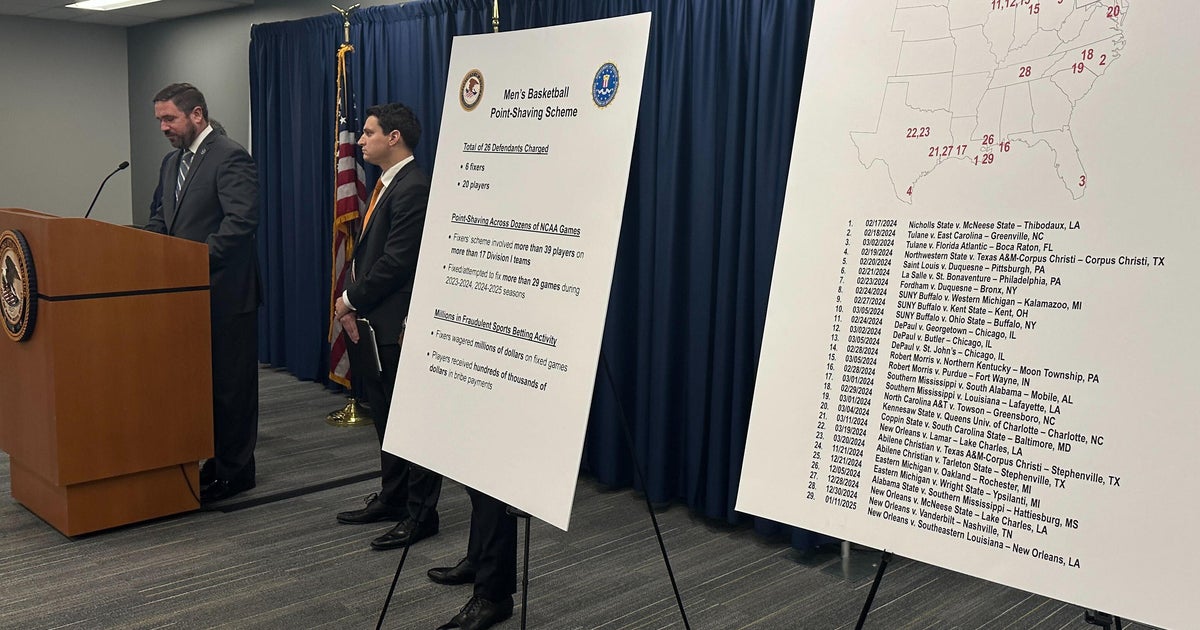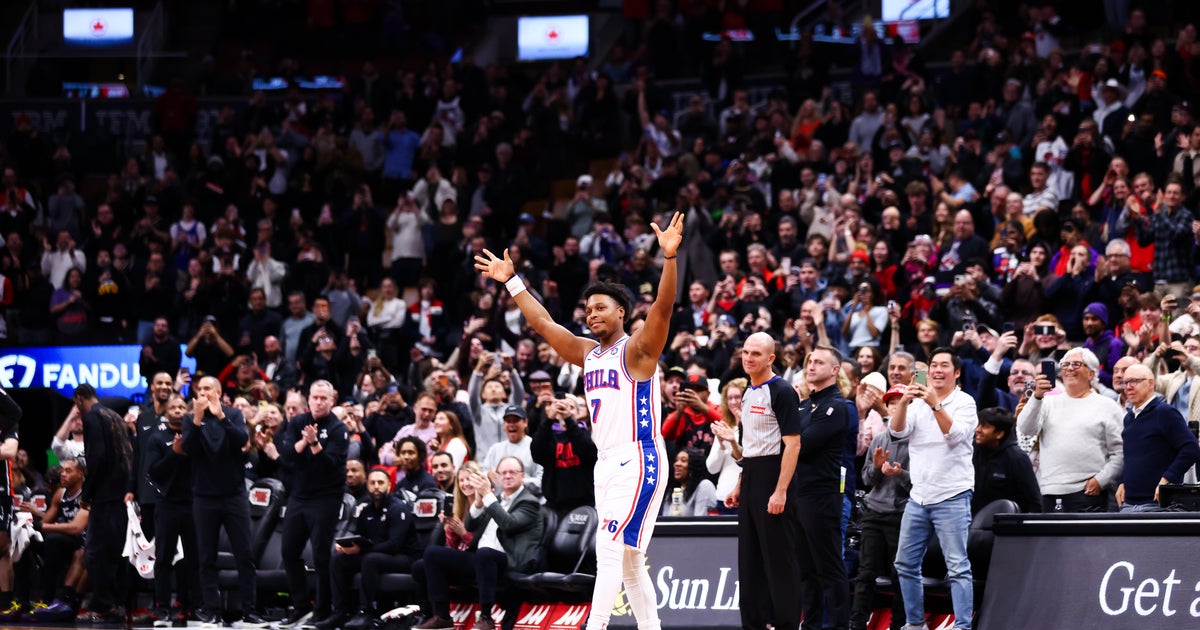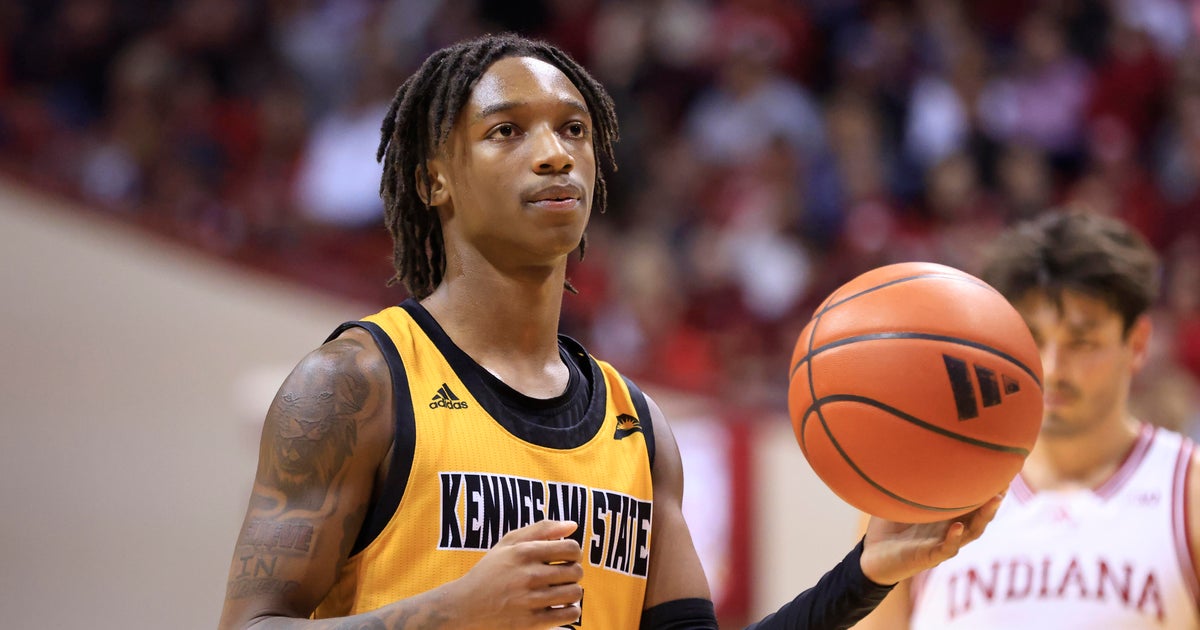Steinbrenner Among 2010's Biggest Losses In Sports
NEW YORK (AP) -- He was The Boss, and George Steinbrenner came to revel in all it would suggest.
He filled a room with loud talk and big money, making promises of players to come, games to be won and the titles that must follow. He was the principal owner of the New York Yankees, but commander was really more like it.
John Wooden was the Wizard of Westwood, a nickname he never much cared for, although the poet in him might have enjoyed the alliteration.
Teacher — not something with a whiff of alchemy and mysterious doings — would have been closer to the mark. For that's how generations of basketball players at UCLA came to regard him. He won plenty of championships, but what mattered most was the lifetime of lessons imparted.
Wooden and Steinbrenner — two towering figures in sports — died in 2010, each having transformed his game in a distinct but enduring way.
Wooden, the only member of the Basketball Hall of Fame as a player and coach, had roots that practically went back to peach baskets and the genesis of the game itself. He died at 99, just a couple months short of a century.
"In my opinion, if he's not as important as Dr. Naismith, he's right next to him," Connecticut coach Jim Calhoun said. He was, Duke coach Mike Krzyzewski said, "a giant in all of sport."
Gripping a rolled-up program like a baton, Wooden was the consummate maestro. The Bruins won 10 NCAA titles and seven in a row from 1967 to 1973. There was an 88-game winning streak that has enjoyed renewed attention thanks to the Connecticut women and their dynasty a generation down the road.
But, as Wooden would be the first to note, he never scored a basket during that run. It was all the players, and what players they were: Kareem Abdul-Jabbar, Bill Walton, Gail Goodrich, Jamaal Wilkes. For all the victories, however, it was the daily practice that drove Wooden. That's when basketball was taught. When the game itself arrived, he would have been happy to sit in the stands and see what became of his instruction.
"He taught in a very simple way," Abdul-Jabbar said. "He used sports as a means to teach us how to apply ourselves to any situation."
Steinbrenner's reign had the subtlety of a bullhorn. His teams also produced titles — seven World Series crowns and 11 pennants — but if UCLA thrived under the quiet, scholarly tutelage of Wooden, Steinbrenner's Yankees cranked up the volume and brought a showmanship and self-promotion that has come to define much of professional sports.
"George was The Boss, make no mistake," said Yogi Berra, who for years cut himself off from the Yankees because of Steinbrenner. "He built the Yankees into champions, and that's something nobody can ever deny."
Steinbrenner died of a heart attack at 80. He was a shadow of himself in his final years as his health weakened, the bluster and mighty pronouncements fading as his sons took control of the team. By the end, the man who was twice suspended from baseball on the way to building a sports empire was something of a beloved figure.
He was a long way from the owner who saw himself as a gung-ho football coach and inspired fear and trembling among employees, spending wildly on free agents, clashing with the likes of Berra, Billy Martin and Dave Winfield, and firing and rehiring managers in what became comic opera.
"I will always remember George Steinbrenner as a passionate man, a tough boss, a true visionary," said Joe Torre, who managed the Yankees for 12 years.
But no matter how much noise the Yankees created, none of it matched the din from the "Shot Heard 'Round the World." Bobby Thomson, whose home run decided the 1951 pennant for the New York Giants, died this year at 86.
The blow came off Ralph Branca of the Brooklyn Dodgers in Game 3 of a National League playoff and soared into baseball lore as the game's greatest home run. For many fans of a certain age it was a marker in their lives.
"I never thought it was going to be that big. Hell, no," Branca recalled. "When we went into the next season, I thought it'd be forgotten."
If Steinbrenner and Thomson were about sound, Bob Feller was about speed. The Iowa farm boy made it to the majors with the Cleveland Indians at just 17 and eventually to the Hall of Fame. He died at 92, his last days spent in a hospice, and was one of baseball's greatest pitchers.
Feller was blindingly fast. He struck out 15 in his major league debut and threw three-no-hitters (the only one on opening day) and 12-one-hitters. He won 266 games in 18 seasons and would have won a lot more if not for his military service. He enlisted the day after Pearl Harbor, the first major leaguer to do so.
"Bob was a great pitcher, but he was first and foremost a great American," Commissioner Bud Selig said.
He and Thomson died in a year in which baseball could have filled a lineup with obituaries. If Steinbrenner were looking to put someone in this dugout he could turn to Sparky Anderson. The white-haired Hall of Famer, who managed Cincinnati's Big Red Machine to championships in 1975 and 1976 and won another with Detroit in 1984, died at 76.
And if Anderson got tossed from the game, surely Ralph Houk, 90, and Bobby Bragan, 92, could step in for a few innings. Joe L. Brown, 91, the Pirates' crafty general manager, could work the front office. He would have Feller and workhorse Hall of Famer Robin Roberts, 83, on the mound, with Mike Cuellar, Bob Shaw, Billy Loes, Jim Bibby and Jose Lima completing the staff.
Ron Santo, 70, clicking his heels and with Cubs fans cheering, would be set at third base and joined in the infield by Gil McDougald and Walt Dropo. Phil Cavarretta, 94, the 1945 National League MVP who led the Cubs to their last World Series appearance, could split time between first base and the outfield. Willie Davis, 69, would be fast enough to cover the rest of the outfield by himself.
Umpires John Kibler and Satch Davidson could work the plate and bases. Up in the booth, Bob Sheppard, 99, would announce the players with magisterial authority. Ernie Harwell — his Southern lilt proclaiming a home run "looong gone!" — and Dave Niehaus would share the broadcasting. And maybe Bill Shannon would take care of the official scoring while Maury Allen wrote it all up for the next day's paper.
Football was thrown for two big losses with the deaths of George Blanda and Don Meredith. Long before Brett Favre was the measure of true grit, there was Blanda. He died at 83 after a career in which the quarterback-kicker played 26 seasons, longer than anyone in pro football. He retired a month shy of 49 before the 1976 season, spending most of his time with the Bears and Raiders.
"He was the best competitor and clutchest player that I ever coached, and I don't know if there was anyone better that anyone else coached," John Madden said.
Meredith, for a generation of fans, was the aw-shucks foil to Howard Cosell in the "Monday Night Football" booth who broke into song when a game was over. But he also quarterbacked the Cowboys from 1960-68, nearly taking the winless expansion team to an NFL title. He was 31 when he retired and 72 when he died.
Also gone were Ron Kramer, 75 who caught two touchdown passes in Green Bay's 1961 NFL championship victory; Jack Tatum, 61, the Raiders' punishing safety whose hit in a 1978 exhibition game paralyzed Darryl Stingley; Tom Brookshier, 78, a star defensive back on the Eagles' 1960 championship team; Don Coryell, 85, the coach whose Air Coryell offense produced some of the NFL's most inventive passing attacks; and Merlin Olsen, 69, a member of the Los Angeles Rams' "Fearsome Foursome" who went on to a TV career in football and the show "Little House on the Prairie."
Basketball, too, was hit hard.
Maurice Lucas, the fierce power forward who helped lead Portland to the 1977 NBA title, died of bladder cancer at 58.
"He battled his illness like the warrior he was on the basketball court," Trail Blazers coach Nate McMillan said.
Manute Bol, a lithe 7-foot-7 shot-blocker who dedicated himself to humanitarian work in Sudan, died at 47. Larry Siegfried, who won five NBA titles in seven years with the Celtics and helped Ohio State in 1960 to its only championship, was 71. A couple of Knicks stars from the 1950s — Carl Braun and Dick McGuire — died a week apart.
Quintin Dailey, his immense talent overshadowed by a sexual assault conviction in college at San Francisco and drug problems in the NBA, was 49. Also gone are longtime Warriors owner Franklin Mieuli, 89, and two coaches — the Lakers' Fred Schaus, 84; Marquette's Hank Raymonds, 86.
Juan Antonio Samaranch, a former ambassador who spent 21 years as the IOC's president, died at 89. He presided over an era in which boycotts, professionalism, expansion and corruption became part of the Olympic fabric.
"He got us from being in the remnants of the 19th century and got us into the 21st century," IOC member Dick Pound said.
Nodar Kumaritashvili never got to see 89, not even close. The luger from the former Soviet republic of Georgia died at 21 at the Vancouver Olympics on the day the flame was lighted. He was killed during practice, going almost 90 mph on a track some thought too fast. IOC president Jacques Rogge said the death "clearly casts a shadow over these games."
Also dying way too young was Yeardley Love, a 22-year-old lacrosse player at Virginia who was found beaten to death in her apartment. George Huguely, a men's lacrosse player at Virginia, was charged with murder. Not long afterward, a rival team handed the Virginia women pins with an angel carrying a lacrosse stick.
The LPGA's Erica Blasberg was found with a plastic bag over her head at her Nevada home. The coroner ruled the 25-year-old woman's death a suicide.
Auto racing will now be without Jim Hunter, a NASCAR executive who spent parts of six decades in the industry. He was 71 and had a hand in most major decisions during the sport's boom years.
Hockey said goodbye to Pat Burns, his booming voice silenced. He coached the New Jersey Devils to an NHL title in 2003 and was coach of the year with three different teams. He died at 58, and at his funeral a flame flickered above a miniature Stanley Cup. Bob Probert, an NHL tough guy for 16 seasons, died at 45, stricken with chest pains while boating with his family.
In boxing, referee Arthur Mercante was counted out at 90 after a career in which he worked more than 100 world title bouts, including the first Ali-Frazier fight. Horse racing lost Hall of Fame trainer MacKenzie Miller, 89, and some noble steeds in Personal Ensign, Real Quiet and Skip Away.
And the year passes with a flick-of-the-wrist tribute to Walter Fredrick Morrison. He died at 90 and is credited with inventing the Frisbee. The plastic disc was first called "Pluto Platter." More than 200 million were sold as the Frisbee took its place in the pantheon of pop culture.
"He was an entrepreneur," son Walt Morrison said. "He was always looking for something to do."
Copyright 2010 The Associated Press.

